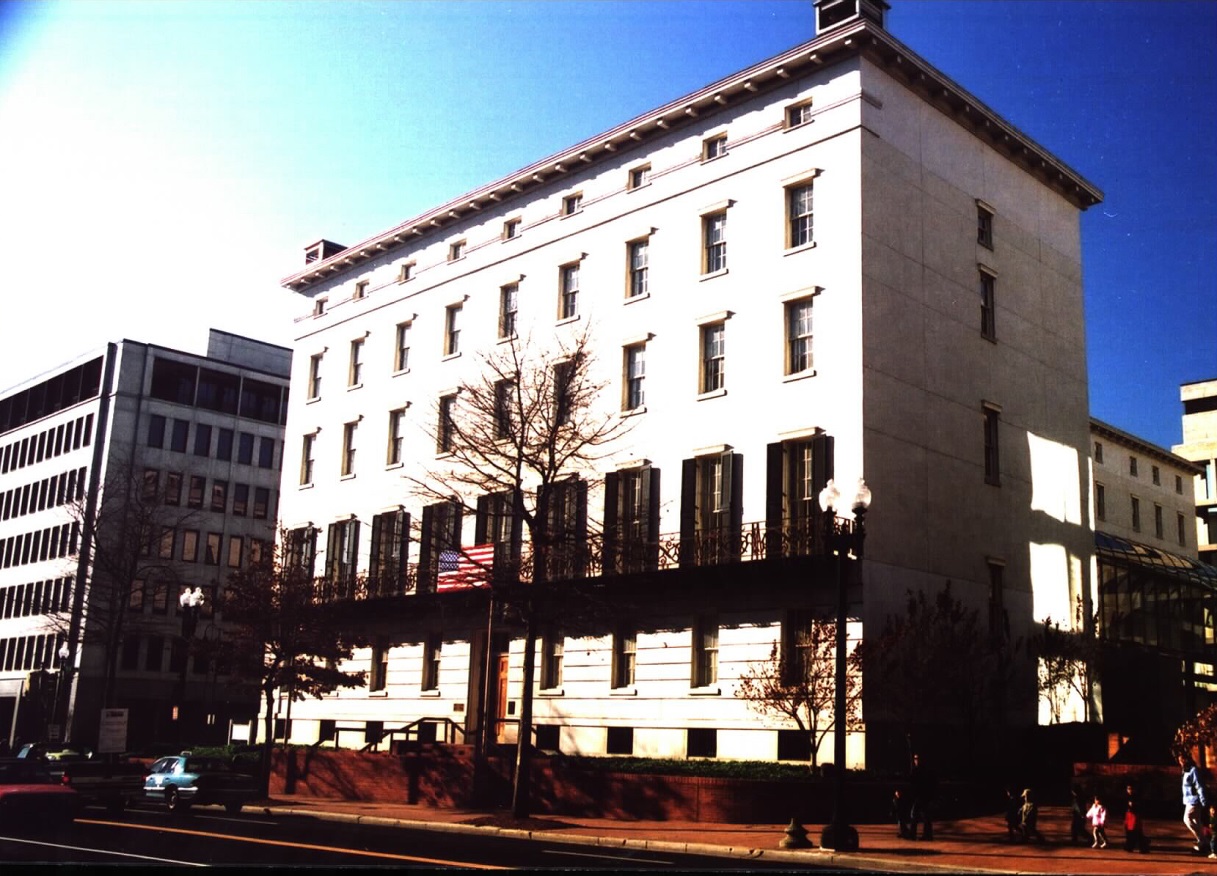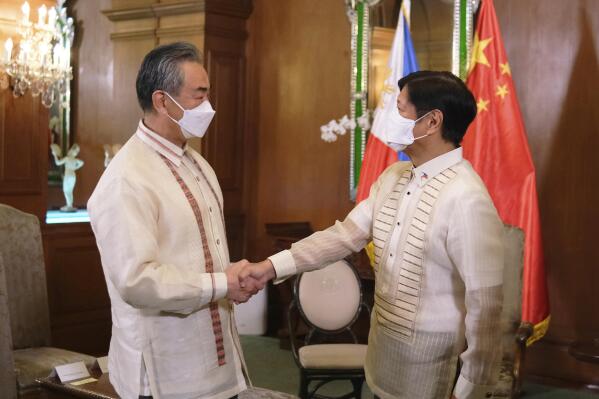The Philippines is facing a potential economic crisis as the United States announces a shocking 20% tariff on all goods entering the American market, effective August 1, 2025. This sudden move, revealed in a letter from President Donald Trump to President Marcos, escalates tensions in international trade and threatens the livelihood of countless Filipino workers.
Tariff Increase Hits Philippine Economy Hard
This tariff increase, which is higher than the previously announced 17% reciprocal tariff, could impose significant financial strain on Filipino exporters. According to Business Mirror, this tariff affects a wide range of products, from textiles to electronics, placing a heavy burden on an already struggling economy.
Philippine Delegation Heads to Washington
A high-level delegation led by Frederick Go, Special Assistant to the President for Investment and Economic Affairs, is set to negotiate with U.S. trade representatives next week. Accompanied by Trade Secretary Cristina Roque and Ceferino Rodolfo from the Department of Trade and Industry, the delegation"s primary goal is to secure a favorable trade agreement amid rising tariffs. As reported by Philippine News Agency, the government"s optimism appears to be a thin veneer over the reality of potential economic fallout.

Did You Know?: The History of the USTR Winder Building ...
Consumer-Driven Economy Faces New Challenges
While some economists suggest that the Philippine economy is relatively resilient and less reliant on exports, with a consumer-driven model being the backbone, this analysis may overlook the immediate ramifications for those sectors directly impacted by the tariffs. An economist noted, "The Philippine economy is largely consumer-driven," as stated in Philippine News Agency, but what happens when consumer goods become more expensive due to tariffs? The burden will ultimately fall on the Filipino families already struggling with high living costs.
Impact on Workers and Employment
As the Philippine delegation prepares to negotiate, the ripple effects of the tariffs will be felt most acutely by workers in affected industries. The stark reality is that job losses could loom large if companies struggle to absorb the costs associated with the new tariffs. The Philippines must grapple with the harsh truth: any delay in negotiations could lead to widespread unemployment and exacerbate existing economic inequalities. According to PCO, the government is cautiously optimistic, but this optimism needs to translate into tangible results that protect workers" rights and livelihoods.

Marcos plays balancing act in meeting with China"s FM | AP News
Call for Stronger Economic Policies
The imposition of tariffs highlights the urgent need for the Philippines to rethink its economic strategies. While the government remains hopeful about securing better terms in the upcoming negotiations, structural changes are necessary to build a more resilient economy. As emphasized in studies that suggest the Philippines stands to benefit from a U.S. tariff shake-up, it must address underlying constraints that hinder sustainable growth as reported by Reuters. Policymakers must prioritize investments in local industries and workers, ensuring that the Philippine economy can withstand future shocks.







![[Video] Gunfire between Iraqi security forces and Sadr militias in Baghdad](/_next/image?url=%2Fapi%2Fimage%2Fthumbnails%2Fthumbnail-1768343508874-4redb-thumbnail.jpg&w=3840&q=75)
